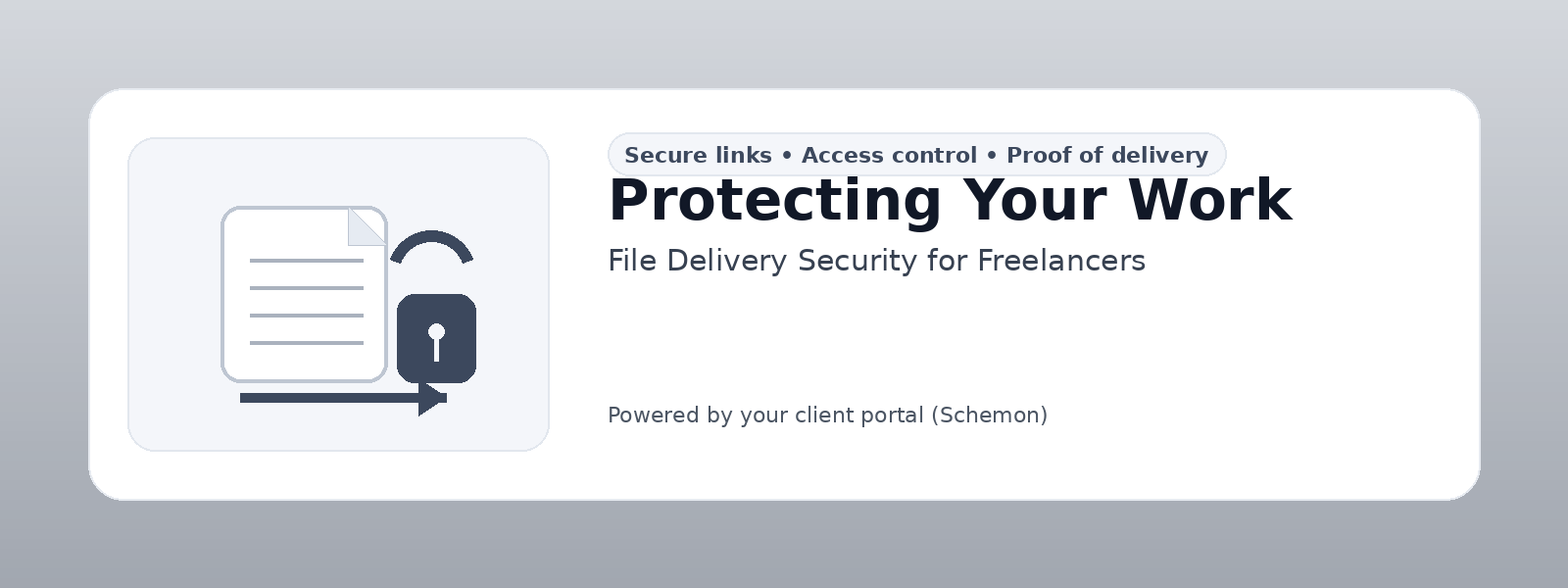Taxes for Freelancers: How to Manage Your Finances and Save on Taxes
Understand taxes to avoid problems in the long run



Freelancing comes with many perks, such as flexibility and independence, but it also brings financial responsibilities—especially when it comes to taxes. Unlike traditional employees, freelancers must manage their own tax payments, deductions, and financial records. Without a proper plan, tax season can be stressful and costly. In this guide, we’ll break down how to manage your finances effectively and maximize your tax savings as a freelancer.
Understanding Freelancer Taxes
Unlike full-time employees who have taxes automatically deducted from their paychecks, freelancers must track their income and set aside funds for taxes on their own. Freelancers are typically responsible for:
- Self-Employment Tax – Covers Social Security and Medicare taxes (typically around 15.3% in the U.S.).
- Income Tax – Federal, state, and possibly local income tax, depending on where you live.
- Quarterly Estimated Taxes – Freelancers must pay taxes every quarter instead of at year-end to avoid penalties.
- Sales Tax – If applicable, freelancers must collect and remit sales tax on certain services or products.
How to Manage Your Finances for Taxes
1. Track Your Income and Expenses
Keeping accurate financial records is essential for tax compliance and maximizing deductions. Use accounting software such as QuickBooks, FreshBooks, or Wave to track invoices, payments, and expenses.
2. Separate Business and Personal Finances
Open a dedicated business bank account to streamline financial tracking and make tax filing easier. Using a separate account also provides clarity on what expenses qualify as business deductions.
3. Set Aside Money for Taxes
A common recommendation is to set aside 25-30% of your earnings for taxes. Consider transferring a portion of each payment you receive into a savings account dedicated to taxes.
4. Pay Quarterly Estimated Taxes
To avoid penalties, freelancers in the U.S. must pay estimated taxes four times a year. The due dates typically fall in April, June, September, and January. Check your local tax regulations if you reside outside the U.S.
Maximizing Tax Deductions as a Freelancer
One of the best ways to save on taxes is by taking advantage of deductions. Common tax-deductible expenses for freelancers include:
1. Home Office Deduction
If you work from home, you may be able to deduct a portion of your rent, utilities, and internet costs. To qualify, the space must be used exclusively for business purposes.
2. Business Equipment and Supplies
Expenses related to your work, such as computers, software, office furniture, and stationery, are tax-deductible.
3. Professional Development
Courses, training programs, books, and conferences that help improve your skills are deductible business expenses.
4. Marketing and Advertising
Freelancers can deduct costs associated with promoting their services, including website hosting, social media ads, and business cards.
5. Travel and Meals
Business-related travel, such as client meetings, conferences, and industry events, may be deductible. Meals with clients or business partners are partially deductible.
6. Health Insurance Premiums
Self-employed individuals may be eligible to deduct health insurance premiums if they are not covered by an employer or spouse's plan.
7. Retirement Contributions
Contributing to a self-employed retirement plan (e.g., SEP IRA, Solo 401(k)) not only helps build savings but also reduces taxable income.
Hiring a Tax Professional vs. DIY Taxes
Depending on your income level and business complexity, you may choose to handle taxes yourself using software like TurboTax or hire an accountant. A tax professional can help identify additional deductions, ensure compliance, and reduce tax liability.
Final Thoughts
Managing taxes as a freelancer requires discipline, organization, and proactive planning. By tracking income, paying estimated taxes, and maximizing deductions, freelancers can save money and avoid tax-related stress. Whether handling taxes independently or with professional help, having a solid tax strategy is key to financial success.











